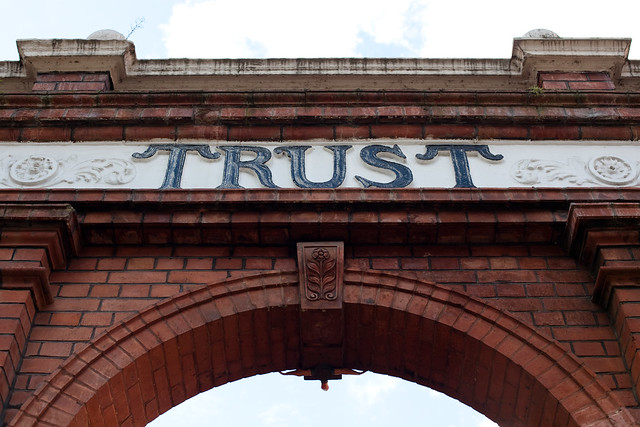 Supporting intellectual freedom is a bedrock principle for libraries, yet it carries with it a host of issues. Public libraries deal with challenges to books, displays, and programs constantly. They have policies and procedures in place to smooth the path, yet it’s not always a simple matter. For two years in a row, library staff in Utah were forced to remove a LGBTQ display because the library system director (who does not have library training, though he has an MBA) thought it was too controversial. This year, when required to replace their LGBTQ display, they created a “libraries are for everyone” theme, which managed to skirt the ban while including LGBTQ folks.
Supporting intellectual freedom is a bedrock principle for libraries, yet it carries with it a host of issues. Public libraries deal with challenges to books, displays, and programs constantly. They have policies and procedures in place to smooth the path, yet it’s not always a simple matter. For two years in a row, library staff in Utah were forced to remove a LGBTQ display because the library system director (who does not have library training, though he has an MBA) thought it was too controversial. This year, when required to replace their LGBTQ display, they created a “libraries are for everyone” theme, which managed to skirt the ban while including LGBTQ folks.
Similar challenges were launched last year at libraries in Texas and North Dakota, where the library directors pushed back. I wonder, though, if those libraries have had a similar display since. Nothing like having a state legislator say the library had promoted “an ideology of sexual fluidity, promiscuity, experimentation and deviation” to put a chill on things. (The North Dakota lawmaker also complained they didn’t include anti-LGBTQ books in the display to show “both sides.”) Meanwhile, in Iowa a group protested the presence of LGBTQ books in the Orange City library. The group includes in their arguments that the library should avoid encouraging people to learn about sexuality because gay people are in danger of committing suicide. Gee, I wonder why? The same group attacks local churches and church-affiliated colleges in Iowa for theological error and “false teaching,” but the library seems a particular focus for their activism.


 Reposted from
Reposted from 
 Reposted from
Reposted from 
 Image courtesy of
Image courtesy of